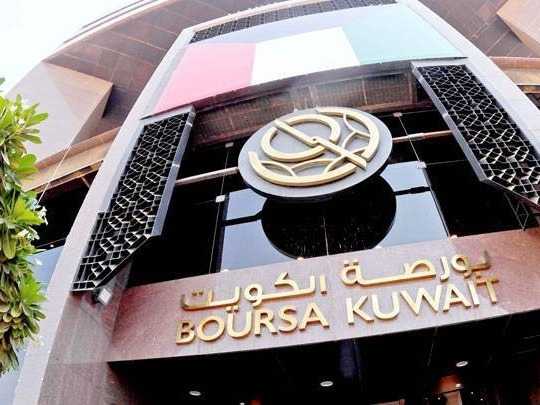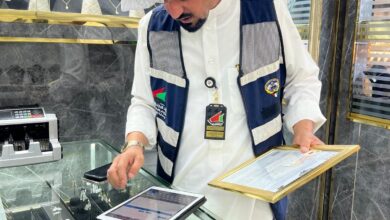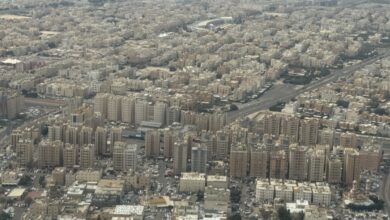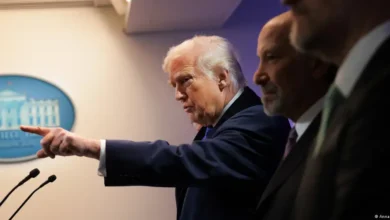Gulf markets shake off Iran strike fears; Boursa leads regional gains
Analysts say the recovery in Gulf markets, especially after Thursday’s declines, signals cautious optimism

Gulf stock markets, led by the Kuwait Stock Exchange, defied expectations on Sunday by rebounding strongly despite rising geopolitical tensions following a U.S. airstrike on three Iranian nuclear facilities.
Instead of tumbling amid fears of broader conflict, most markets closed with collective gains, reflecting investor confidence and market resilience.
The Kuwait Stock Exchange, according to Al-Rai daily, posted the strongest performance in the region, rising 0.64%, equivalent to a $1 billion increase in market capitalization.
The total market value reached 47.796 billion dinars, with the Premier Market gaining 159 million dinars and the Main Market adding 142 million dinars. The rise was supported by gains across 10 sectors, led by technology (+4.9%) and healthcare (+4.12%), while basic materials (-1.1%), utilities (-0.7%), and consumer services (-0.25%) saw slight declines.
Other Gulf markets also ended in positive territory. The Amman Stock Exchange rose 0.42% to 4,525.31 points, increasing in value by $180 million. Qatar’s index rose 0.19% to 10,280 points, gaining $400 million, and Bahrain’s index advanced 0.75% to 1,879 points, adding $140 million. However, the Saudi market bucked the trend, declining 0.2%, with losses totaling $3.67 billion. Overall, Gulf market capitalization slipped 0.7% or $1.95 billion due to the Saudi dip.
Despite Kuwait’s strong performance, trading liquidity fell by 7.97% to 114.22 million dinars compared to Thursday’s 124.12 million dinars. The number of traded shares dropped by 27.1% to 537.25 million, while the number of transactions dipped 3.8% to 25,300. The positive movement coincided with FTSE Russell and S&P reviews of Boursa Kuwait, which took effect in June.
Analysts noted that the recovery in Gulf markets, especially after Thursday’s declines, signals cautious optimism. In Kuwait, speculative activity in small and mid-cap stocks drove the Main Market higher, while selective buying in leading banking stocks indicated strategic portfolio adjustments at attractive price levels.
They highlighted factors supporting market stability, including anticipation of first-half earnings and the operational strength of listed companies. Looking ahead, analysts expect continued market rebound this week, depending on Iran’s reaction to the strike. They also stressed that Gulf markets have demonstrated an ability to absorb geopolitical shocks, as seen during previous crises like the war in Gaza and Russia’s invasion of Ukraine.












